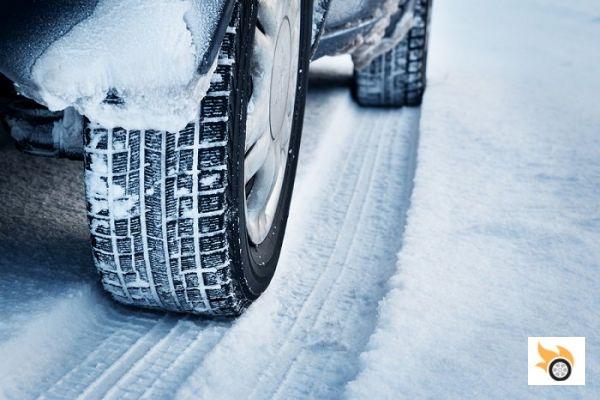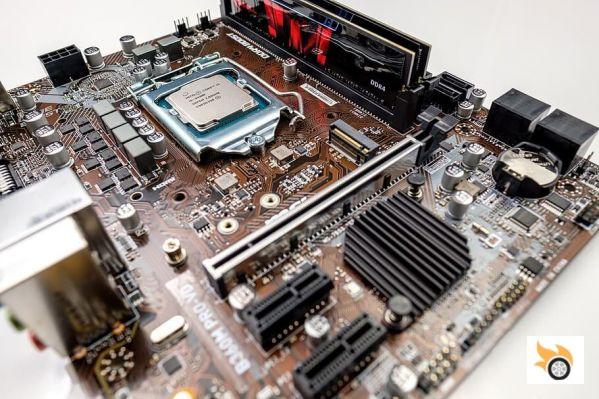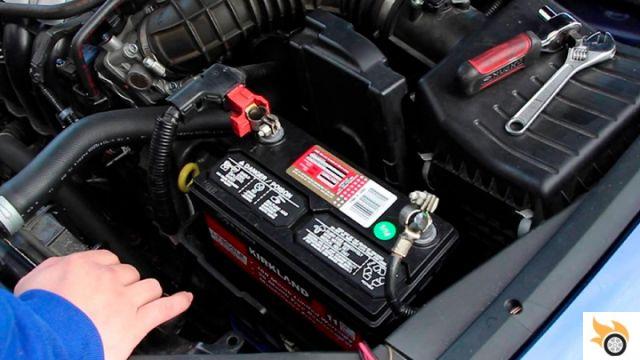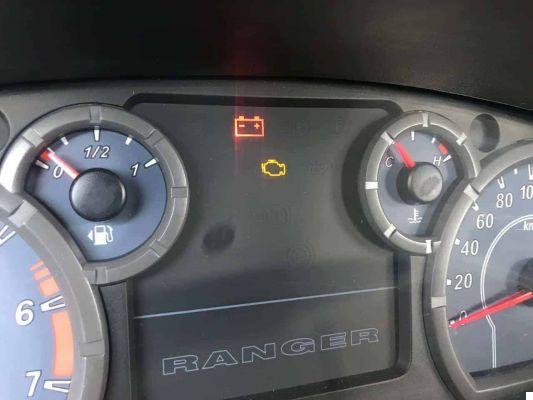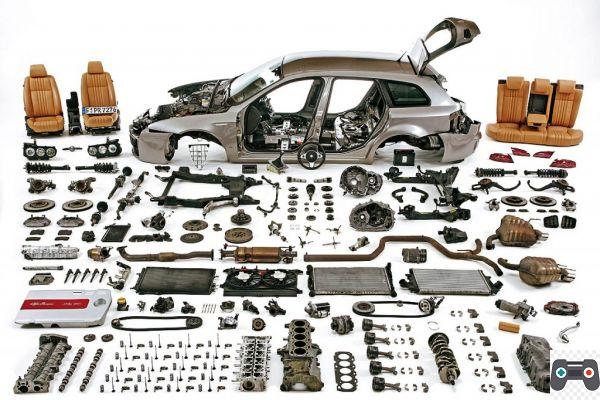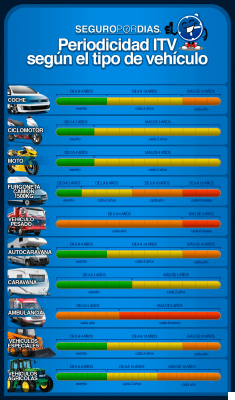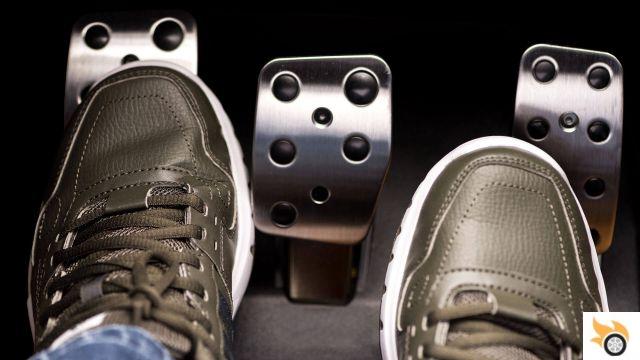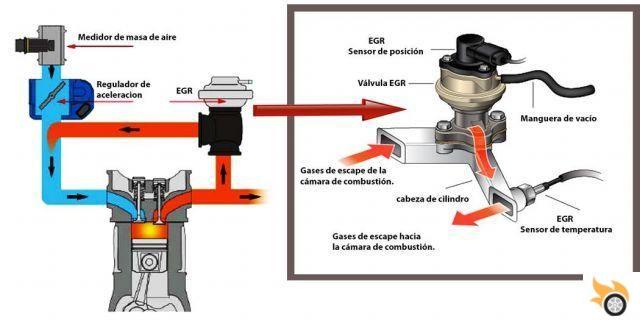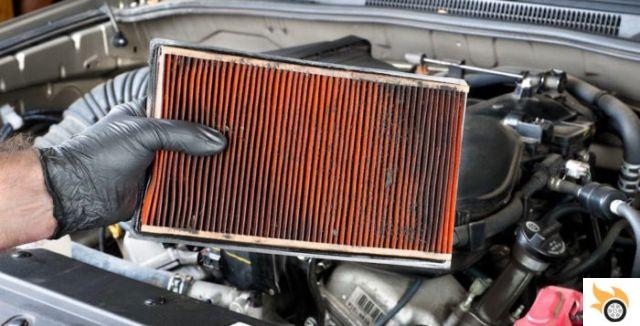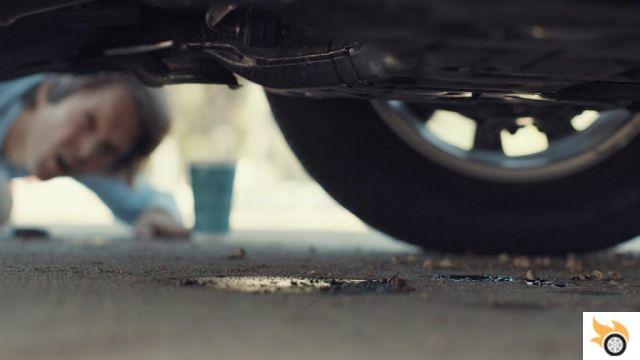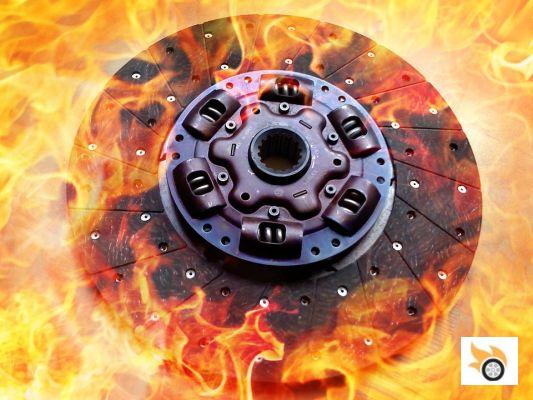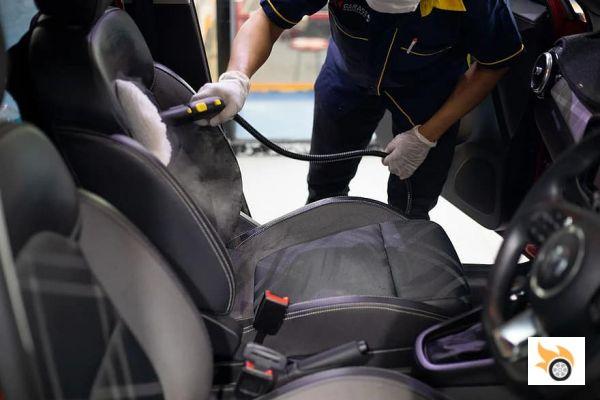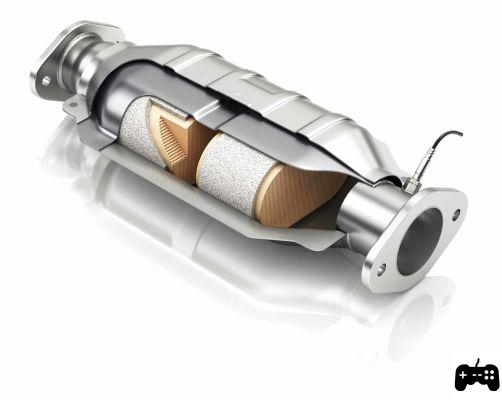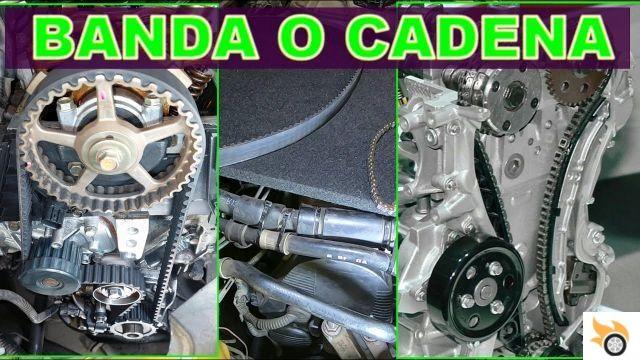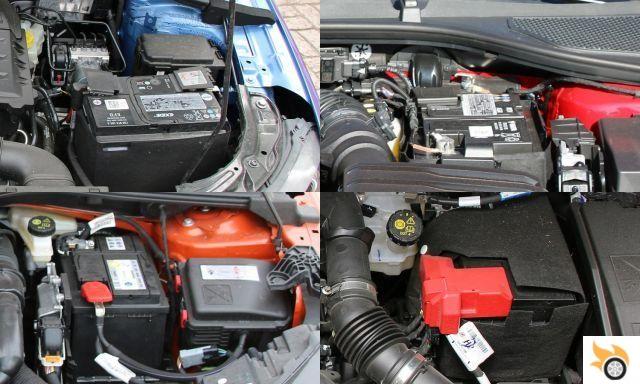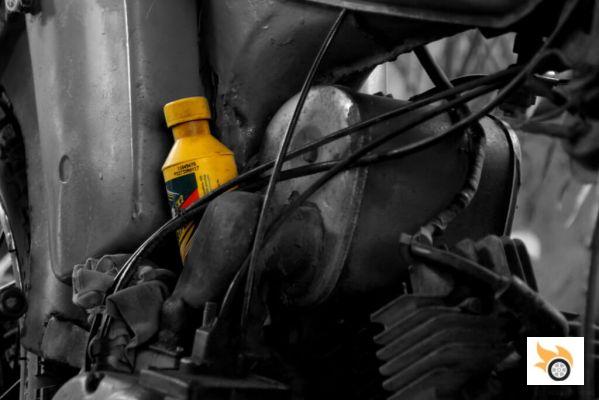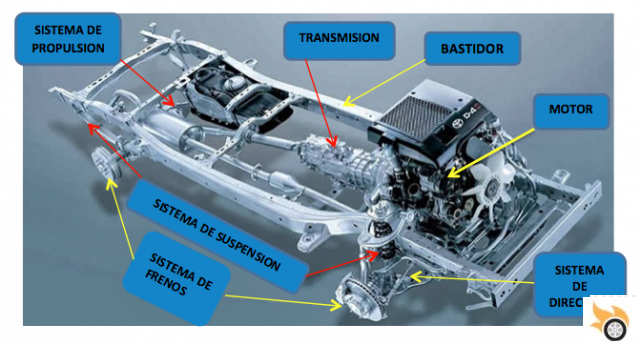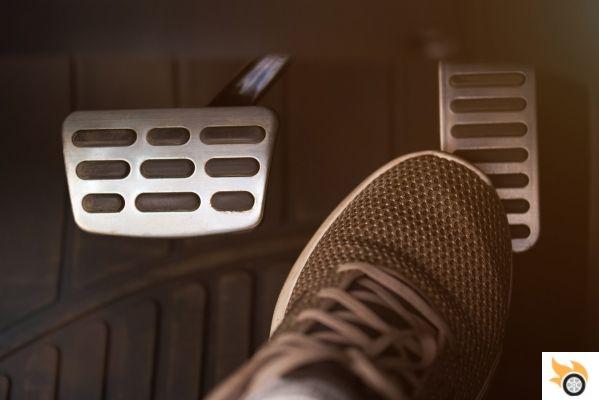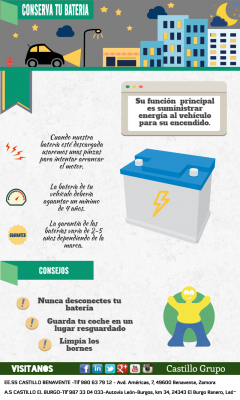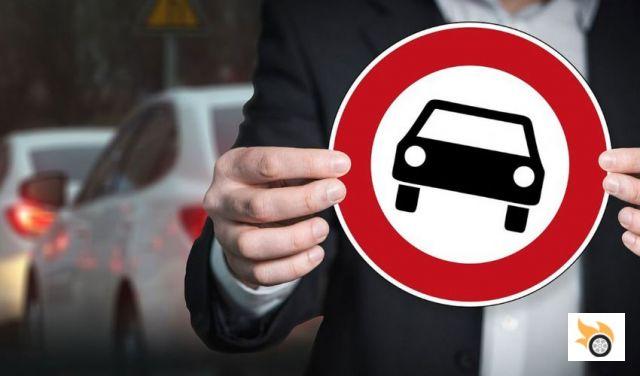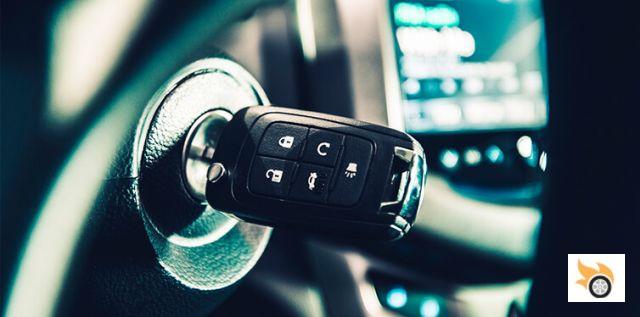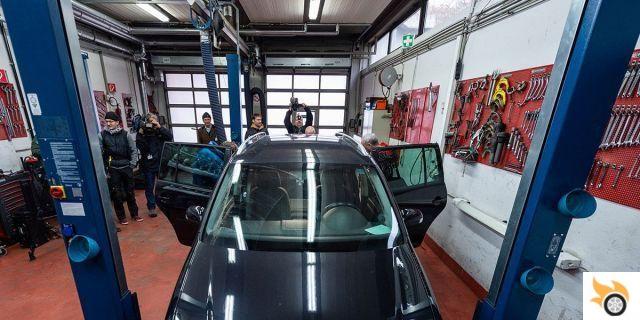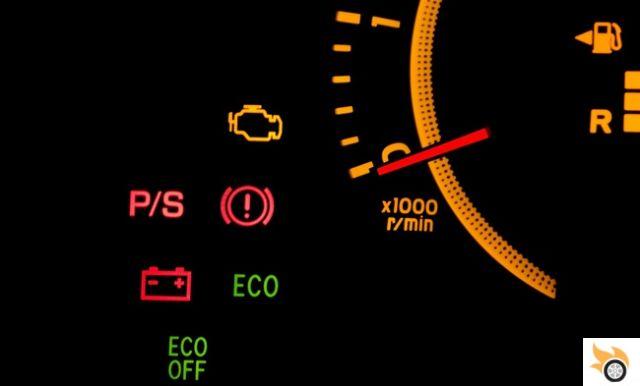
Introduction
Welcome to Pistonudos.com, your reliable source of information on everything related to the motor world. In this article, we will address a topic of great importance for all drivers: the lights on in the car and their relationship with the Technical Vehicle Inspection (ITV). If you have ever wondered what witnesses can prevent the ITV from being passed, what are the failures that can be avoided before passing it, what the car's witnesses mean and what is the fault that causes the ITV to be suspended, you have come to the right place! right place!
What witnesses can prevent the ITV from being passed?
One of the main reasons why a vehicle does not pass the ITV is the presence of lights on the instrument panel. These witnesses are indicators of possible breakdowns or failures in the car system. Some of the most common witnesses that can prevent the ITV from being passed are:
- Engine light: Indicates a problem with the emission control system or with the engine in general.
- Airbag warning light: indicates a fault in the airbag security system.
- ABS Warning Light: Indicates a problem with the anti-lock braking system.
- Power steering light: indicates a fault in the steering system.
Faults that can be avoided before passing the ITV
Before taking your car to the ITV, it is important to carry out a thorough review to avoid possible failures that may cause the inspection to fail. Some of the most common mistakes that you can avoid are:
- Burnt out lights: Make sure all the vehicle's lights are working properly.
- Worn tires: check the condition of the tires and replace them if necessary.
- Fluid leaks: check the engine for possible oil leaks, brake fluid, coolant, etc.
- Bad windshield wipers: Make sure your windshield wiper blades are in good condition and working properly.
What do the car lights mean?
The car warning lights are visual indicators that light up on the instrument panel to alert the driver of possible problems or malfunctions in the vehicle. Each witness has a specific meaning, and it is important to know them in order to act appropriately. Some of the most common witnesses and their meaning are:
- Engine light: Indicates a problem with the emission control system or with the engine in general. In this case, it is advisable to go to a specialized workshop for diagnosis and repair.
- Battery light: indicates a problem in the battery charging system. It can be caused by a bad battery or a bad alternator.
- Oil light: indicates a low oil level in the engine. It is important to check the oil level and fill it up if necessary.
- Brake light: indicates a problem in the braking system. It can be caused by excessive brake pad wear or a failure in the hydraulic system.
What is the fault that causes the ITV to be suspended?
There are different faults that can cause a vehicle to not pass the ITV. Some of the most common are:
- Polluting emissions outside the permitted limits.
- Brakes in poor condition or not working properly.
- Steering system problems.
- Excessive tire wear.
Frequently Asked Questions (FAQs)
1. What should I do if a warning light comes on in the car?
If a warning light comes on in your car, the first thing you should do is check your owner's manual to find out what it means. In some cases, the light may indicate a serious fault that requires immediate attention, while in other cases it may be a minor problem. If you are not sure, it is advisable to go to a specialized workshop for diagnosis and repair.
2. When should I take my car to the ITV?
The frequency with which you should take your car to the ITV depends on the age of the vehicle. In general, new cars are exempt from passing the ITV during the first years. However, once the vehicle reaches a certain age, regular inspection is mandatory. Check the regulations in force in your country to find out the deadlines and specific requirements.
Conclusion
In summary, the lights on in the car can be indicators of possible breakdowns or failures in the vehicle system. Some of these witnesses can cause the ITV to fail, so it is important to pay attention to them and act appropriately. Carrying out a thorough review before passing the ITV can help you avoid common failures and ensure that your vehicle meets the necessary requirements. Remember that road safety is everyone's responsibility, and keeping your car in good condition is essential to guarantee it.
We hope this article has been useful and has resolved your doubts about the lights on in the car and their relationship with the ITV. If you have any additional questions or want to share your experience, feel free to leave us a comment. We will be happy to help you!
Until next time!
The Pistonudos.com team




